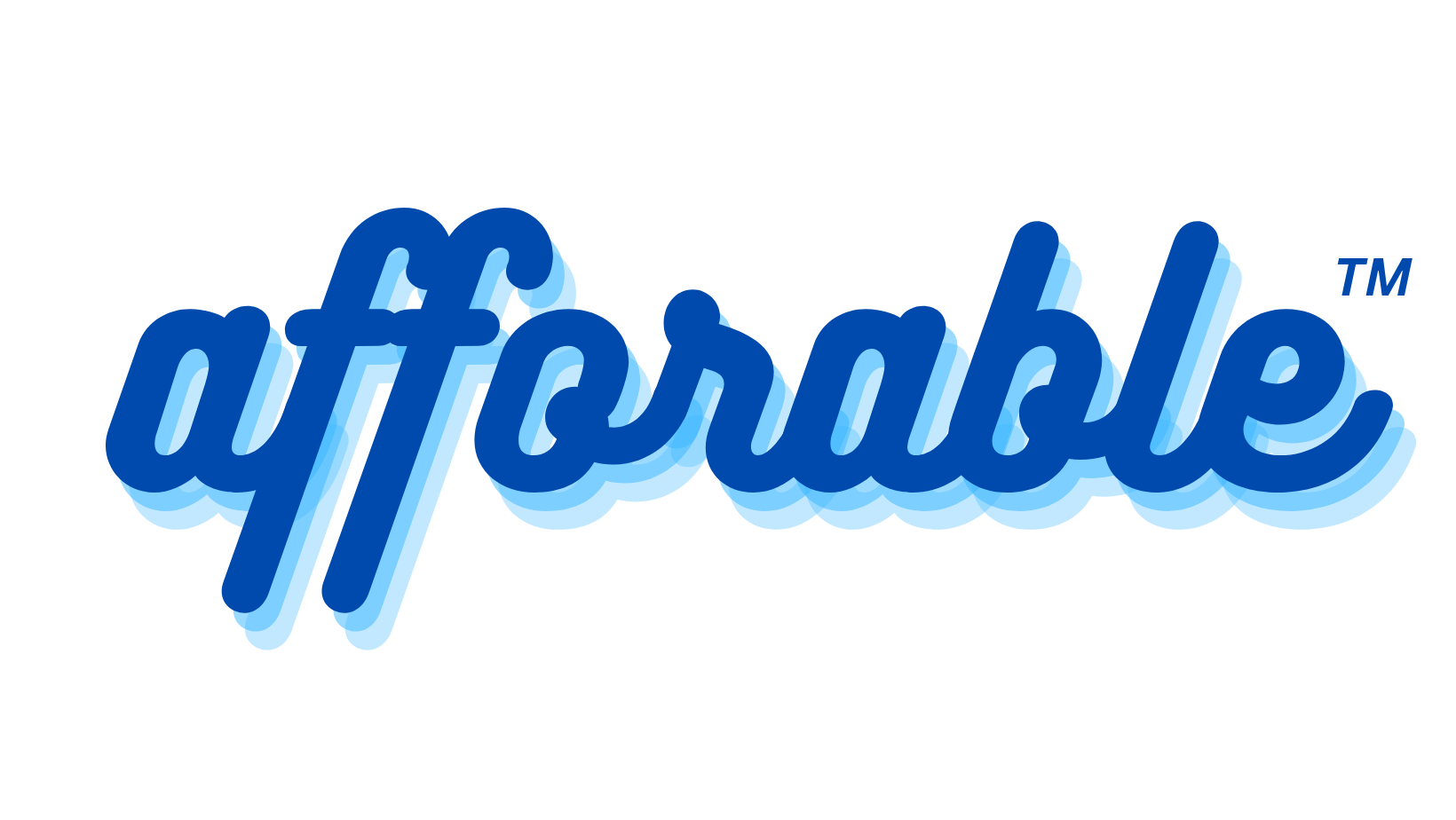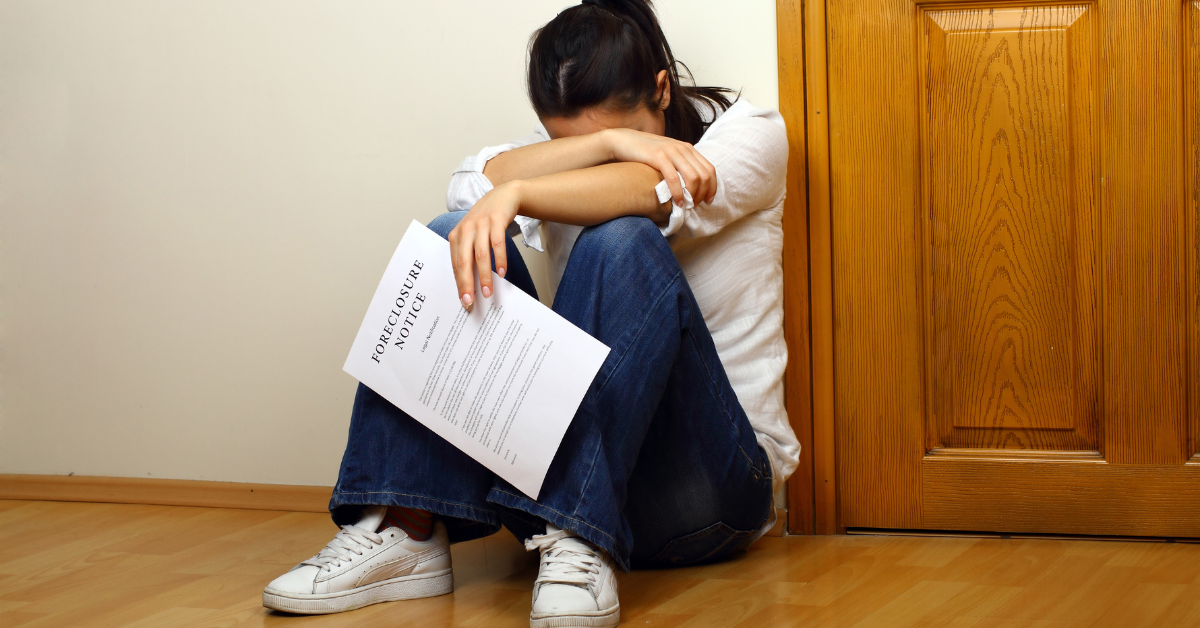Credit card debt is a financial challenge that millions of people face, and concerns about its impact on personal assets, including the family home, are not uncommon. In this article, we’ll explore the potential implications of credit card debt on homeownership and shed light on the relationship between these two financial aspects.
The Nature of Credit Card Debt
Credit card debt is generally categorized as unsecured debt. Unlike secured debts, such as mortgages or auto loans, unsecured debts are not tied to specific assets or collateral. This means that credit card companies typically cannot directly take your home due to unpaid credit card debt.
Potential Risks to Homeownership
While credit card debt itself may not directly endanger your home, there are important considerations to keep in mind:
- Legal Actions: If you default on your credit card debt and your creditors take legal action against you, they may obtain a judgment. With a judgment, creditors have various means to collect the debt, including wage garnishment and bank account levies. These actions can strain your finances and make it challenging to meet your mortgage obligations.
- Home Equity Loans and HELOCs: If you have a home equity loan or a home equity line of credit (HELOC), these are secured by your home. Failure to make payments on these loans could put your home at risk of foreclosure.
- Bankruptcy: If your credit card debt becomes overwhelming, filing for bankruptcy may be an option. The impact of bankruptcy on your home depends on the type of bankruptcy you file. In a Chapter 7 bankruptcy, unsecured debts like credit card debt may be discharged, but you may need to liquidate certain assets. In a Chapter 13 bankruptcy, you create a repayment plan for your debts, which can include some or all of your credit card debt.
Protecting Your Home
To safeguard your homeownership and address credit card debt concerns:
- Seek Professional Guidance: If you’re struggling with credit card debt, consult with a financial advisor or credit counselor to explore debt management strategies.
- Understand Bankruptcy Options: If bankruptcy is being considered, consult with an attorney to understand the implications and make an informed decision.
- Maintain Mortgage Payments: Prioritize your mortgage payments to protect your home.
- Negotiate with Creditors: In some cases, creditors may be open to negotiation for more manageable repayment terms.
Conclusion
While credit card debt itself is typically unsecured and does not directly lead to the loss of your home, it can indirectly impact your homeownership through legal actions, home equity loans, or bankruptcy. Homeowners facing credit card debt concerns should seek professional financial and legal guidance to explore available options and protect their homes and assets. Understanding the complex relationship between credit card debt and homeownership is essential for informed financial decision-making.

